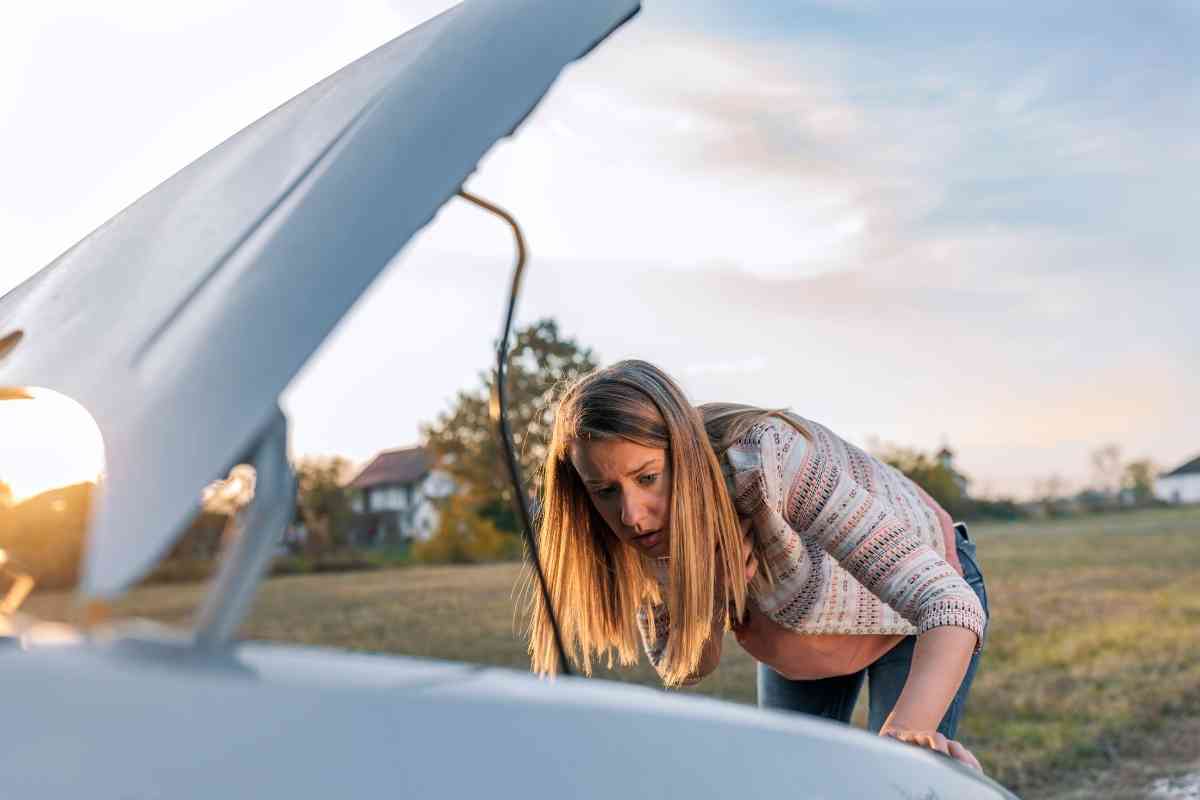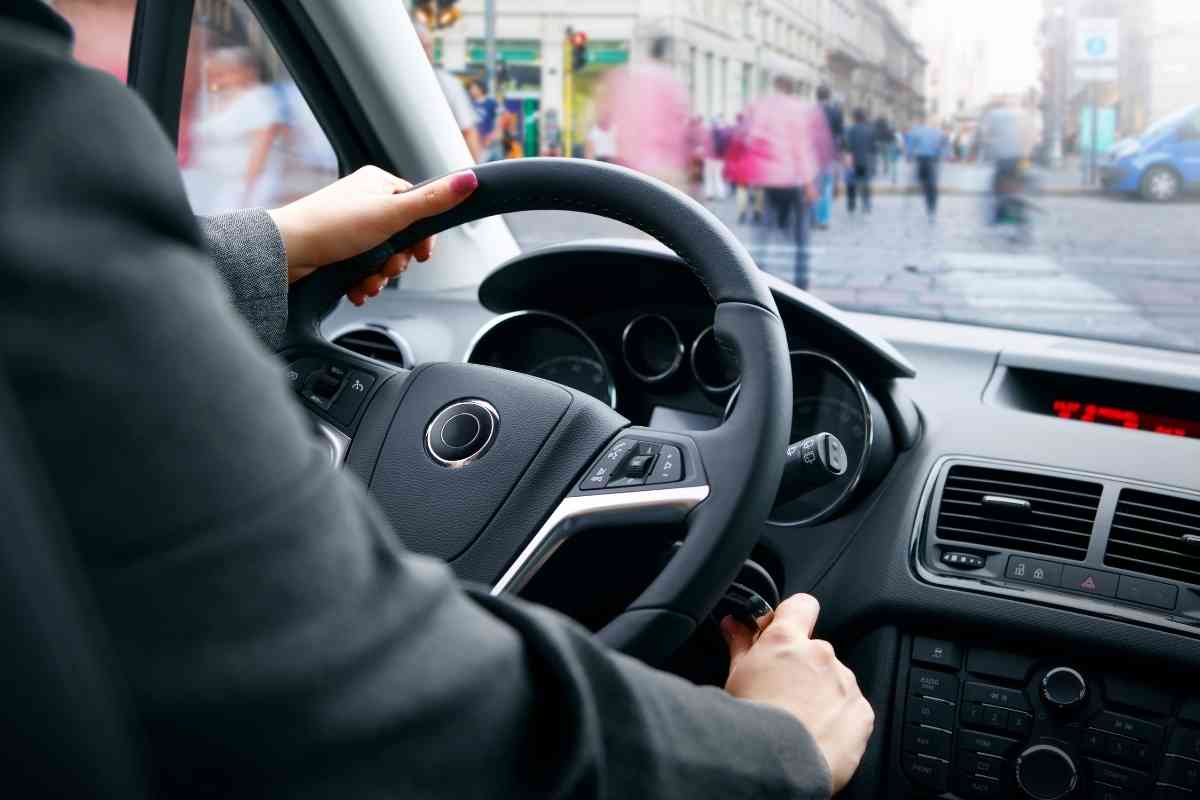Car Won’t Start Right After Turning Off: 10 Common Reasons
Is your car not starting? Is it not starting even after you just turned it on? Are you feeling frustrated not knowing where to start to fix this issue?
Why does my car keep turning off after it starts?
These are the most common reasons that a vehicle is turning off soon after starting:
- The battery’s dead
- The battery connection is poor
- The alternator is dead
- You’re not in park
- The ignition switch is faulty
- The key bob is dead
- The starter is broken
- The timing belt is broken
- The fuel Filter is clogged
- You’re out of gas
If you are finding yourself in a similar situation, this article can help you identify the issue.
1. The Battery is Dead
If you try to turn your car on and there is no response from the engine or the dashboard lights are not turning on, that is a symptom that your battery is dead. Another good, obvious indicator of the battery is dead is the battery light appearing when you turn the car on.
A few years ago, the easy fix to this would be to use jumper cables and jump start the car, but in recent years it has been advised that you hold off jumping the car as much as possible, as it can cause damage to other electronic parts of the vehicle.

2. The Battery Connection is Poor
Unless your car and its battery are significantly old, this is a less likely reason behind why your car won’t start, but it may be worth checking anyhow just to be sure. If you see that any cables on the battery may be bad or loose, this is the issue that is causing your car to malfunction.
To test if the cables are loose, you can turn the cables and if they turn, they are disconnected and need to be plugged into the battery.
If there are any signs of damage or corrosion on the cable terminal, they are most likely too worn down and need to be completely replaced.
3. The Alternator is Dead
This issue can be discovered if you can turn on the car but then experience dimming of interior lights or if the car stalls soon after turning on.
If this is the case, you may be able to smell burning rubber, since the alternator works with belts that won’t have proper lubrication if the alternator doesn’t work.
If this is the case, it would be smart to take it to a professional to fix it, rather than risking further damage while trying to fix it yourself. Be aware that if the alternator has been dead and damaged long enough, it can also damage the battery as well.
4. The Car is Not in Park
If your car won’t start, check what gear it is in. If it is in Park, it should turn on, but also be aware that if your car is in any other gear besides Park and you try and turn it on, it will not work.
If you experience the opposite, where you are in any other gear besides Park, and your vehicle does turn on, that is a sign that you have a bad neutral safety switch, which can be extremely dangerous.
You will need to take it to a professional to get fixed.
5. There are Issues with the Ignition Switch
The ignition, while a small part of the car, is an extremely important part of the overall function of the car. The ignition travels power from the battery to various parts of the car and if the ignition is broken, there is no way to get that power from the battery to the rest of the car.

An indication that there is an issue with the ignition switch is that the lights turn on, but nothing else. This tells us that the battery is working, but nothing else is.
If you find this to be the culprit of the overall issue, take this to a mechanic. Do not try and fix this one on your own.
6. The Key Fob Battery is Dead
If you own a car that is a push start and it won’t start when you press the button, check the battery in your key fob. Because the key fob sends a signal to the button, if the fob is dead it can’t send that signal and therefore the car won’t start.
The first step to fixing this is to replace the dead battery in the key fob. If you can’t wait to do that, some of the fobs have a physical key hidden in the fob you can use in the meantime, but don’t procrastinate getting the battery replaced.
7. The Starter is Broken
It is pretty easy to tell when and if the starter is broken. If you turn the key in the ignition and you hear a clicking sound without the car turning on, your starter motor is broken.
If the starter is broken, then the obvious consequence is that the car won’t start. This can be fixed by a mechanic.
8. The Timing Belt Needs to Be Replaced
The timing belt helps rotate all the parts of the engine at the proper times and if that breaks, there is no way to have the engine run.
If this is the case why your engine won’t start, you will most likely hear a ticking sound coming from the engine.
This is one of the more uncommon issues, but it is not impossible that this could be the problem.
9. The Fuel Filter is Clogged
The fuel filter is key in transferring fuel from the gas tank through the fuel injectors and if the fuel filter becomes clogged, there is no way to get the fuel where it needs to be to make sure the car runs how it is supposed to.
If you do have a clogged fuel filter, other issues that could occur include decreased quality of fuel and an increase in mileage.
10. The Car is Out of Gas
Sometimes the problem isn’t as complicated as we think. The solution to the problem may be that you need to fill the car up with gas at a fuel pump. While it may be tempting to consistently wait till the last minute to fill up the gas tank, it is not smart to leave the tank that closes to empty so often.
It is especially dangerous in the colder months because if the moisture from the cold air inside the tank freezes, that can cause issues and damage to the engine.
